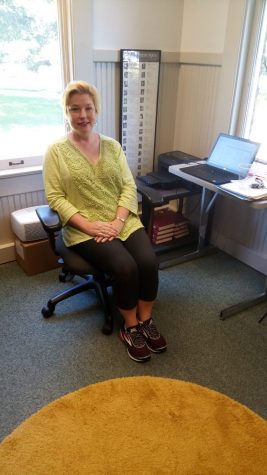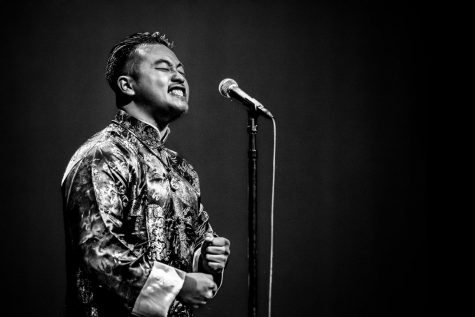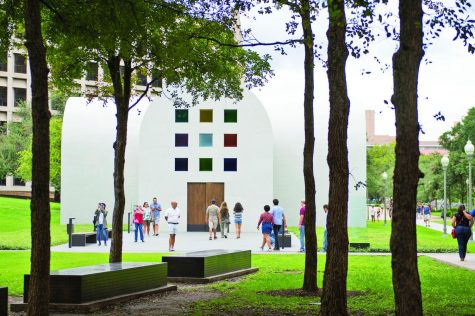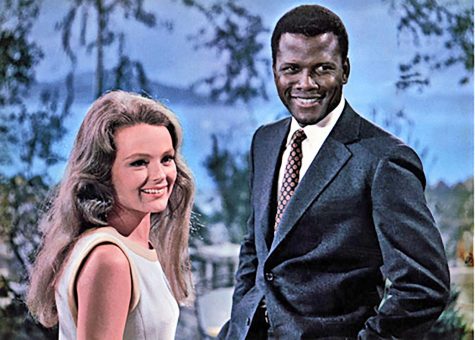Class combines fact and fiction
The start of another semester has brought many opportunities to students and professors alike.
This fall, a new class is being offered to students interested in writing historical fiction. The class, Special Topics in Creative Nonfiction: Fact and Fabrication, is taught by Professor Catherine Rainwater.
Rainwater, who has a Ph.D. in American Literature, regularly teaches in the English Writing and Rhetoric program at St. Edward’s University.
“[The class] was just a variant of creative nonfiction that I came up with,” Rainwater said.
In the course description, Rainwater explains, “Historical fiction writers make up stories about real people in real places at real times. The narrative is fiction, but all the rest is fact.”
This semester, 11 students are taking Fact and Fabrication. Rainwater started the class as another option for writing majors wanting a unique creative nonfiction course. Rainwater believes that creative writing students should take some form of creative nonfiction.
“There is a lot to be gained from learning to do research and working within the parameters of history, rather than writing from just one’s own imagination,” Rainwater said.
Over the course of the semester, students will read two historical fiction novels: “City of Light,” by Lauren Belfer, and “Ragtime,” by E.L. Doctorow.
“It’s a bit more reading than I’m used to,” senior Ben Littlejohn said.
On top of that, the class will be expected to write either two short stories or one long story, adding up to about 38 pages total. Rainwater has given the students few restrictions, and doesn’t care what style they use.
“All of the students [should] produce a self-contained narrative that might also, if they want to keep working on them, be turned into a longer piece,” Rainwater said.
The story must also take place at a time before the students were born, circles around at least one real, historical person, and has to be researched and historically accurate, down to the last detail.
“There are lots of challenges when you try, say, to write a story that is set in the American colonial period. For instance, if a female character picks up a kitchen utensil-well, what did colonial women use in the kitchen?” Rainwater said.
Littlejohn has high hopes for the class.
“Fiction is not my strong suit, but I feel like with as much research as we need to put into our papers, this could turn out really well,” he said. “The topic is incredibly interesting.”
Rainwater mentioned that this class has a lot of potential, though it is only jus beginning.
“It took Lauren Belfer six years to write “City of Light,” so in a single semester, one could only make a start,” she said.
Littlejohn also showed enthusiasm toward the benefits of learning to write historical fiction, despite being a newcomer to the genre.
“Outside of war movies and other films like the terribly inaccurate – but fun to watch – “Sherlock Holmes” [starring] Robert Downey Jr., I have no experience with historical fiction. This type of writing could really encourage my fiction writing.”





